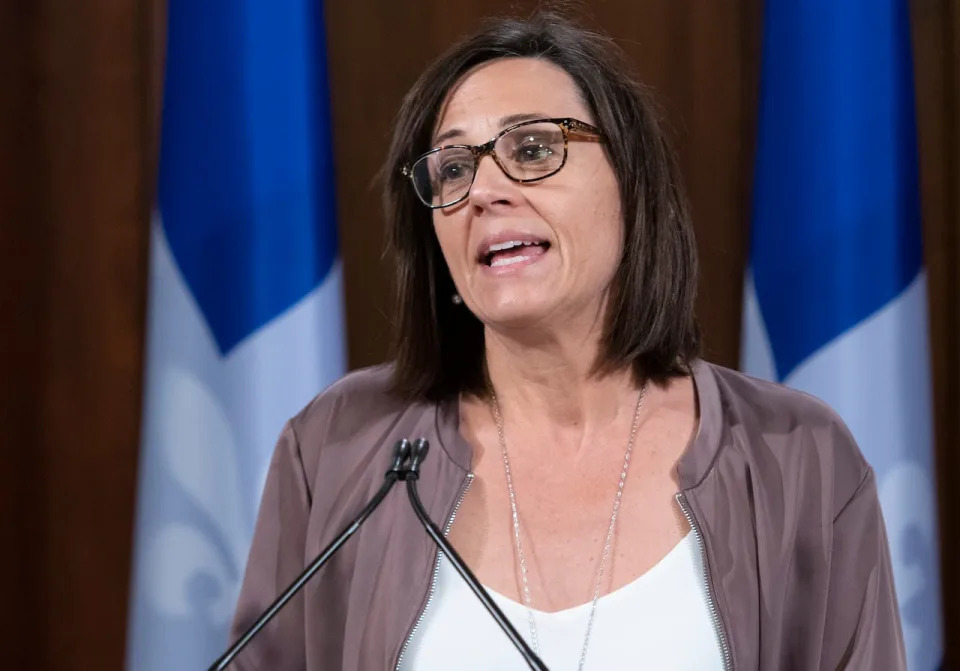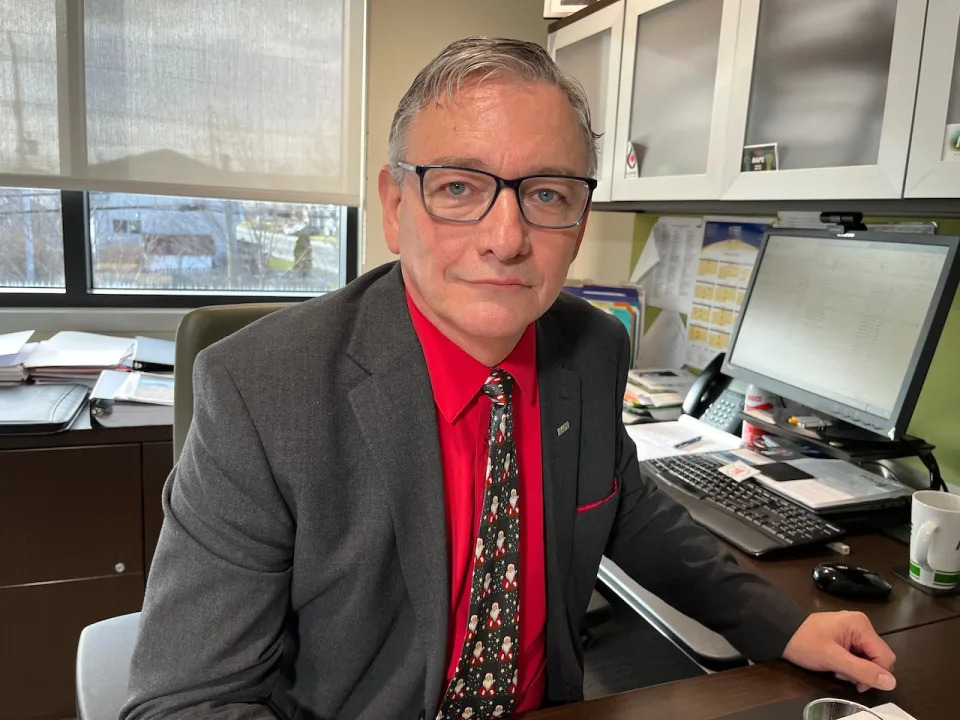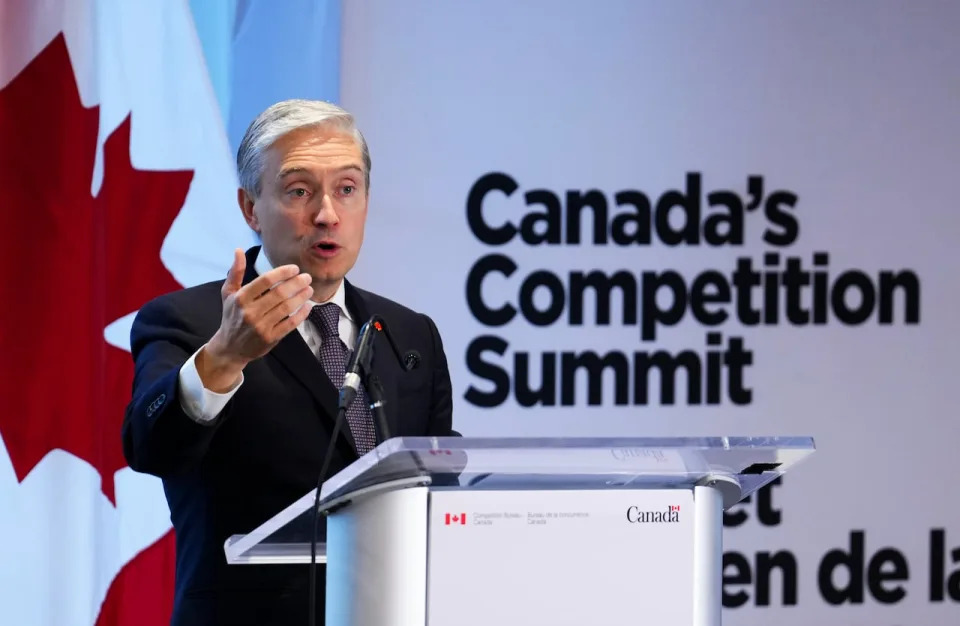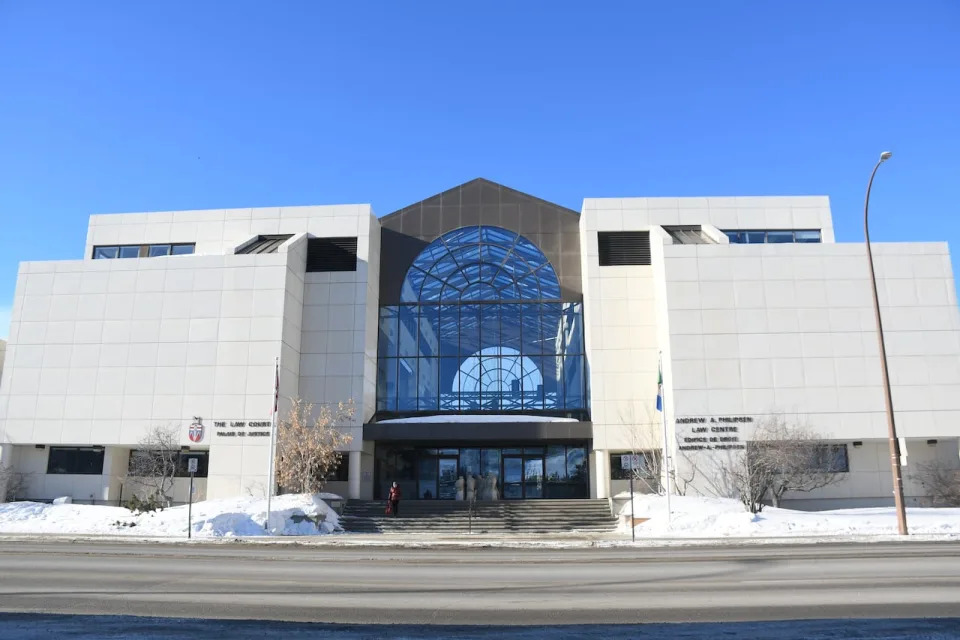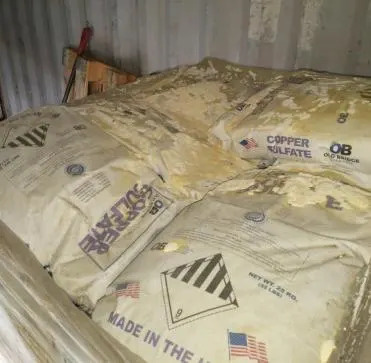Lawsuit against convoy organizers moves forward
CBC
Tue, February 6, 2024

Police enforce an injunction against protesters near Parliament Hill on Feb. 19, 2022.
CBC
Tue, February 6, 2024

Police enforce an injunction against protesters near Parliament Hill on Feb. 19, 2022.
(Evan Mitsui/CBC - image credit)
A $300-million class-action lawsuit filed against Freedom Convoy protesters, donors and organizers on behalf of downtown Ottawa residents and businesses is moving forward after a judge ruled against a motion filed by the defendants.
Superior Court Justice Calum MacLeod heard arguments in December for and against a motion brought under anti-SLAPP (strategic lawsuit against public participation) legislation.
The legislation serves to protect people from vexatious lawsuits filed to silence opponents through legal and financial intimidation. Convoy organizers filed the motion in an attempt to have the lawsuit tossed, arguing it amounted to an attack on freedoms of expression.
Lawyers representing the defendants, who include Tamara Lich and Chris Barber, argued political expression is fundamental to society.
But in his decision released Tuesday, MacLeod sided with residents and businesses by dismissing the motion.
He wrote that the case pitted the rights of individuals to use their property and public streets against the rights of protestors to make their grievances heard by using pressure tactics against the government.
A $300-million class-action lawsuit filed against Freedom Convoy protesters, donors and organizers on behalf of downtown Ottawa residents and businesses is moving forward after a judge ruled against a motion filed by the defendants.
Superior Court Justice Calum MacLeod heard arguments in December for and against a motion brought under anti-SLAPP (strategic lawsuit against public participation) legislation.
The legislation serves to protect people from vexatious lawsuits filed to silence opponents through legal and financial intimidation. Convoy organizers filed the motion in an attempt to have the lawsuit tossed, arguing it amounted to an attack on freedoms of expression.
Lawyers representing the defendants, who include Tamara Lich and Chris Barber, argued political expression is fundamental to society.
But in his decision released Tuesday, MacLeod sided with residents and businesses by dismissing the motion.
He wrote that the case pitted the rights of individuals to use their property and public streets against the rights of protestors to make their grievances heard by using pressure tactics against the government.
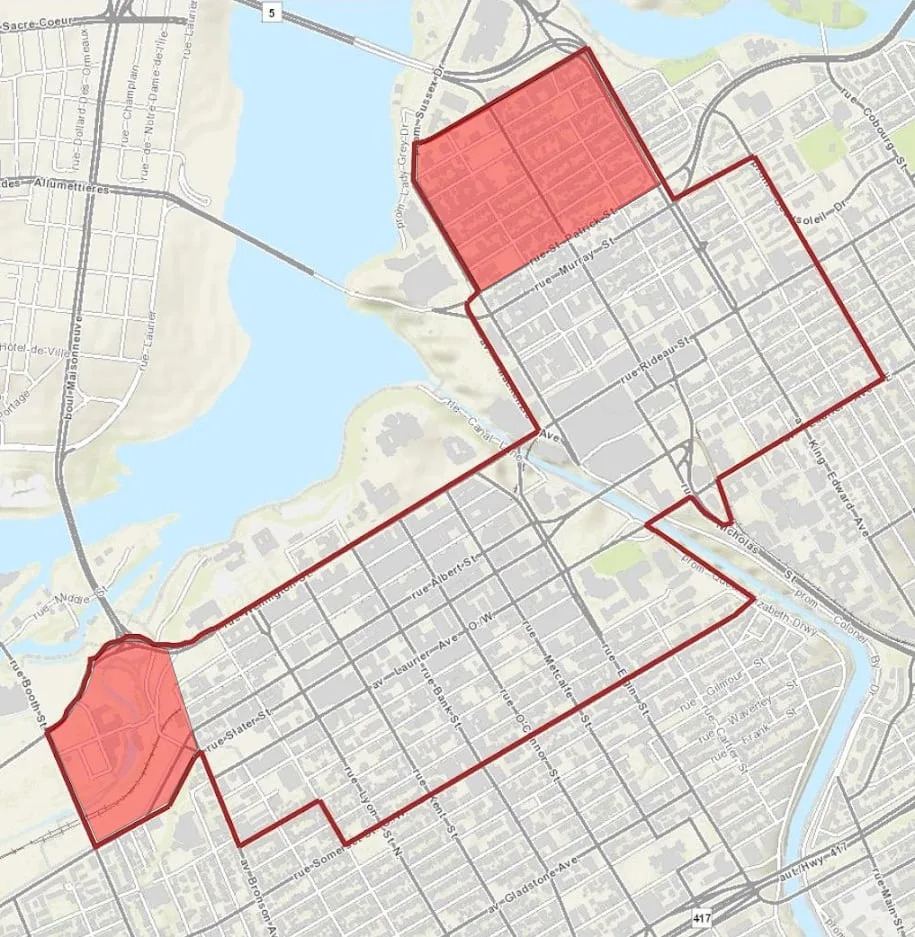
The shaded areas on the map show the new additions to the "occupation zone" containing the plaintiff classes.
The shaded areas on the map of downtown Ottawa were added to the 'occupation zone' outlined in the class action. (Simon Smith/CBC)
Plaintiffs' case 'meritorious,' judge finds
The defendants argued that because their use of free expression was in the public interest, the plaintiffs did not meet the threshold required to launch a lawsuit.
MacLeod disagreed, writing in his decision that the plaintiffs have a "meritorious case."
"There is evidence that certain plaintiffs were subjected to what they contend to have been extreme amounts of noise, horn honking, incessant diesel fumes and other pollution, blockage of the streets and intimidation. There is evidence that plaintiffs had difficulty accessing their properties and that business was disrupted, reservations cancelled, and revenue negatively impacted," the decision reads.
While recognizing the defendants deny having had a common intention to block streets or pressure government by creating hardship on residents, MacLeod wrote it could still be concluded that disrupting daily life in the city is what organizers and participants were after.
"It cannot be said on the limited evidentiary record available on this motion that any of the potential defences are likely to prevail," the decision says.
Paul Champ, the lawyer who is bringing forward the class action, said in a statement he was "pleased" with the outcome.
"Another attempt by the defendants to derail this litigation has proven unsuccessful," his statement read. "We remain committed to obtaining justice and redress for the people of downtown Ottawa."
Lawyers representing the defendants say they are reviewing the decision and did not have any immediate comment.
